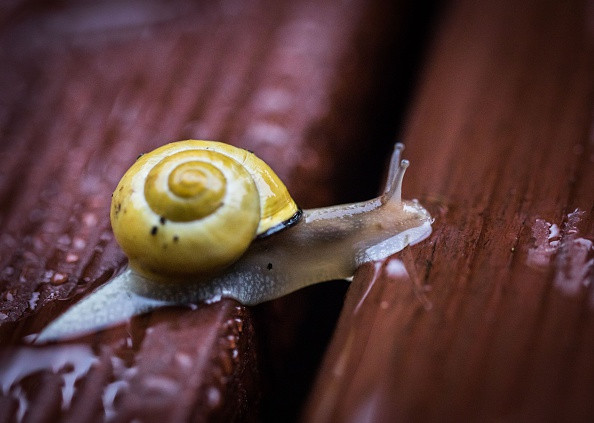Stunned doctors find 4mm snail growing in boy's elbow - the first recorded case in medical history

KEY POINTS
- Doctors were amazed to discover a four-millimetre snail living in the arm of young boy.
- The boy became implanted with a snail egg while playing near a tidal pool.
Doctors have removed a four-millimetre snail from the elbow of an 11-year-old boy in what is believed to be one of the first recorded cases of its kind.
The small marine periwinkle had managed to survive growing in a puss-filled lump underneath his skin for days.
Paediatricians at Loma Linda University in San Bernadino, California were alarmed to discover the crustacean after draining an abscess in the boy's elbow using a syringe. They then extracted the "darkly-coloured, foreign object" using a scalpel.
Doctors said the boy was "visibly excited" and allowed him to keep the snail following the procedure, but the tiny mollusc died just days later. It was able to survive the "hostile environment" due to its ability to seal moisture within its shell, Dr Albert Khait wrote in British Medical Journal.
"This allows them to preserve water and moisture inside their shell, therefore avoiding desiccation and suffocation.
"These characteristics make the chequered periwinkle a unique visitor into the human body and appear to have allowed this organism to survive despite the extreme environment of the host."
According to the report, the boy's parents sought medical attention after his arm became red, swollen and failed to heal using antiseptic swabs.
It is believed the infection began after the young boy grazed his arm while playing at a tidal pool. The wound was then implanted with an egg which then allowed the snail to grow slowly.
According to the BMJ, the case is the only one of its kind ever recorded medical history.
"An extensive literature review of major medical and scientific databases was performed," the report stated.
"We found no documented case reports in medical literature of marine snails living inside a bacterial skin abscess for any length of time."







